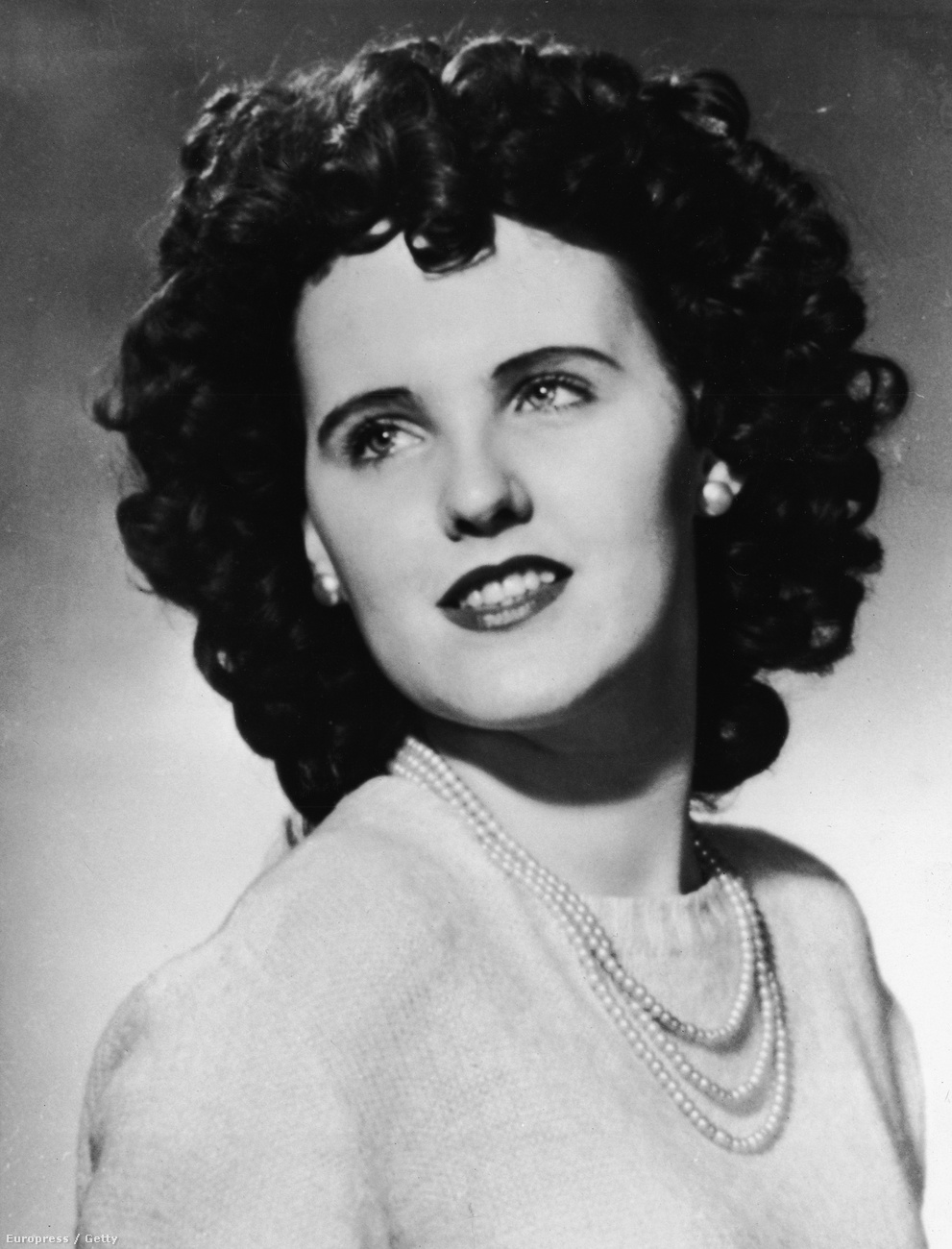Elizabeth Short, often referred to as the "Black Dahlia," remains one of the most enigmatic figures in American crime history. Her life and tragic death have captivated the public's imagination for decades, leading to countless theories, discussions, and media portrayals. In this article, we will delve deep into the biography of Elizabeth Short, examining her early life, the events leading to her untimely death, and the enduring legacy she left behind. Through this exploration, we aim to provide a thorough understanding of who Elizabeth Short was beyond the sensationalism of her story.
Born on July 29, 1924, in Hyde Park, Boston, Massachusetts, Elizabeth Short faced numerous challenges throughout her life. As we piece together her story, we will also highlight the societal conditions of the time that contributed to her struggles. By examining the circumstances surrounding her life and death, we aim to shed light on the complexities that define her legacy. Join us as we uncover the truth behind the myth, and explore the life of the woman who became a symbol of tragedy.
In the following sections, we will break down the key aspects of Elizabeth Short's life, including her family background, her move to California, the circumstances of her murder, and the impact her story has had on popular culture and the field of criminal investigation. We hope to provide readers with a well-rounded perspective on Elizabeth Short, a woman whose story continues to resonate in modern society.
Table of Contents
- Early Life of Elizabeth Short
- Elizabeth Short's Move to California
- The Murder of Elizabeth Short
- Investigation and Media Frenzy
- Legacy of Elizabeth Short
- Cultural Impact and Media Representations
- Conclusion
- Sources
Early Life of Elizabeth Short
Elizabeth Short was born to George and Phoebe Short. Her father was a businessman who struggled financially and ultimately deserted the family. This left her mother to raise Elizabeth and her three sisters alone, which posed significant challenges. Elizabeth's family faced economic hardships, and her childhood was marked by instability. Despite these challenges, Elizabeth grew up with dreams of becoming an actress.
Family Background
- Father: George Short
- Mother: Phoebe Short
- Siblings: Three sisters
Elizabeth's early years were spent in Massachusetts, where she was somewhat of a loner in her youth. Despite her introverted nature, she began to develop a passion for the performing arts, particularly acting. In her teenage years, she moved to Los Angeles, aiming to pursue her dreams of stardom.
Elizabeth Short's Move to California
In 1943, Elizabeth Short relocated to California, where she hoped to break into the film industry. She worked various jobs, including as a waitress, while attending auditions and trying to secure roles in films. While she did not achieve the fame she sought, her striking beauty and unique style caught the eye of many.
During this period, Elizabeth became known for wearing black clothing, earning her the nickname "Black Dahlia." This distinctive fashion choice would later become synonymous with her identity.
The Murder of Elizabeth Short
Tragically, Elizabeth Short's dreams were cut short when she was brutally murdered in January 1947. Her body was discovered in a vacant lot in Los Angeles, and the gruesome nature of her death shocked the nation. Elizabeth had been mutilated, and her body was posed in a way that suggested a calculated murder.
Details Surrounding the Murder
- Discovery Date: January 15, 1947
- Location: Leimert Park, Los Angeles
- Circumstances: Body was mutilated and posed
The media frenzy surrounding her murder led to widespread coverage, and Elizabeth Short became a household name. The sensationalism of her case overshadowed her identity as a person, reducing her to a symbol of mystery and tragedy.
Investigation and Media Frenzy
The investigation into Elizabeth Short's murder was one of the largest in Los Angeles history. Thousands of tips poured in, and the police received numerous confessions, many of which were false. The case remained unsolved, leading to speculation and theories about the identity of the killer.
Media coverage played a significant role in shaping public perception of the case. Newspapers ran sensational headlines, and Elizabeth Short's image was plastered across the front pages. This media attention not only fueled public interest but also drew in amateur detectives and conspiracy theorists.
Legacy of Elizabeth Short
Despite her tragic end, Elizabeth Short's legacy continues to endure. Her story has inspired numerous books, films, and television shows. The fascination with the "Black Dahlia" case remains strong, as it touches upon themes of fame, beauty, and the darker side of Hollywood.
Cultural Impact and Media Representations
Elizabeth Short's life and death have been the subject of countless works of fiction and non-fiction. From novels to movies, her story has served as an inspiration for various artistic expressions. Notable representations include the film "The Black Dahlia" and numerous documentaries exploring the mystery behind her murder.
Conclusion
In conclusion, Elizabeth Short's life is a complex tapestry woven with dreams, struggles, and tragedy. While she is often remembered as the "Black Dahlia," it is essential to recognize her as a person with aspirations and a unique story. Her legacy serves as a reminder of the darker aspects of fame and the societal pressures faced by individuals in pursuit of their dreams.
We encourage readers to reflect on the life of Elizabeth Short and engage in discussions about the implications of her story. Feel free to leave your thoughts in the comments section below, share this article, or explore other related articles on our site.
Sources
Lyn May: The Journey Of A Legendary Actress And Dancer
Baby Jessica: The Heartwarming Story Of A Miracle Child
The Mystery Of The Black Dahlia: Unraveling The Enigma


